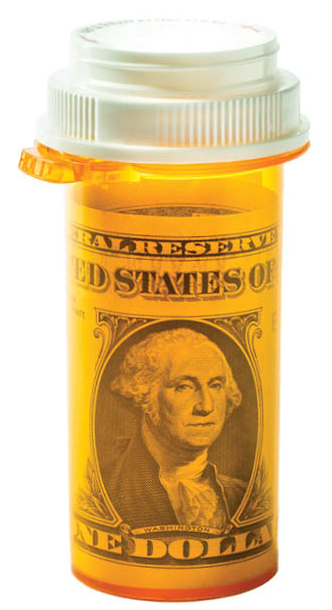 At the end of the year, many to-do lists are probably on your mind. Unlike many of them, however, using the money in your flexible spending account (FSA) will prevent you from losing money. Basically, if you have put off medical or dental check-ups or procedures and you have FSA money stashed, now is the time to use your FSA funds and improve your health.
At the end of the year, many to-do lists are probably on your mind. Unlike many of them, however, using the money in your flexible spending account (FSA) will prevent you from losing money. Basically, if you have put off medical or dental check-ups or procedures and you have FSA money stashed, now is the time to use your FSA funds and improve your health.
What is an FSA?
An FSA—also sometimes referred to as a flexible spending arrangement—is a special account devoted to out-of-pocket medical and dental expenses. Because the funds in an FSA are not taxed, contributing to an FSA saves you what you would have paid on that money for your taxable income. At the beginning of the year, you get to specify if you’d like to contribute and how much, and your employer steadily deducts the amount from your annual pay.
Currently, FSAs are limited to a maximum of $2,600 annually per employer. Employers may also contribute money to employees’ FSAs, but they are not required to.
Will I lose my FSA money if I don’t spend it before the end of the year?
It depends. Generally FSAs have a “use it or lose it” setup. So yes, if you don’t use the funds in your FSA by the end of the year, you will forfeit that money. Plan carefully at the beginning of the year and try not to contribute more money than you think you’ll need for medical expenses.
However, some employers may offer more flexible FSA plans with the following options:
- • Carry over $500 from the previous year.
- • Have a grace period of two-and-a-half months to use the remaining amount.
Consult your employer to learn if you have these options available and what kind you currently have.
What can I pay for with my FSA funds?
Although you cannot use FSA money to pay your insurance premiums, you can spend FSA funds on co-payments and deductibles. You can also pay for prescriptions, medical or diagnostic equipment, and other healthcare expenses. You may not use FSA money on certain exercise equipment or gym memberships, although these are health-related costs. However, some FSAs can pay for massage or therapy appointments. Consult your employer to learn what is or is not covered.
What’s the difference between an FSA and an HSA?
A health savings account (HSA) works similarly to an FSA as an account just for healthcare expenses. However, you must have a high-deductible plan to qualify for an HSA. Also, FSAs are plans chosen by employers. If you are self-employed, you may not enroll for an FSA, but HSAs are available for both marketplace health insurance plans as well as employer health packages.
To learn more complete information about FSAs or HSAs, visit the IRS website or Healthcare.gov. To learn more about your FSA options at work, ask your employer or human resources department.
By Lacey Kupfer Wulf









